Experts ponder future of workplace biometrics
Experts, academics and members of the public and private sector met in Westminster today to discuss the future of biometric technology.
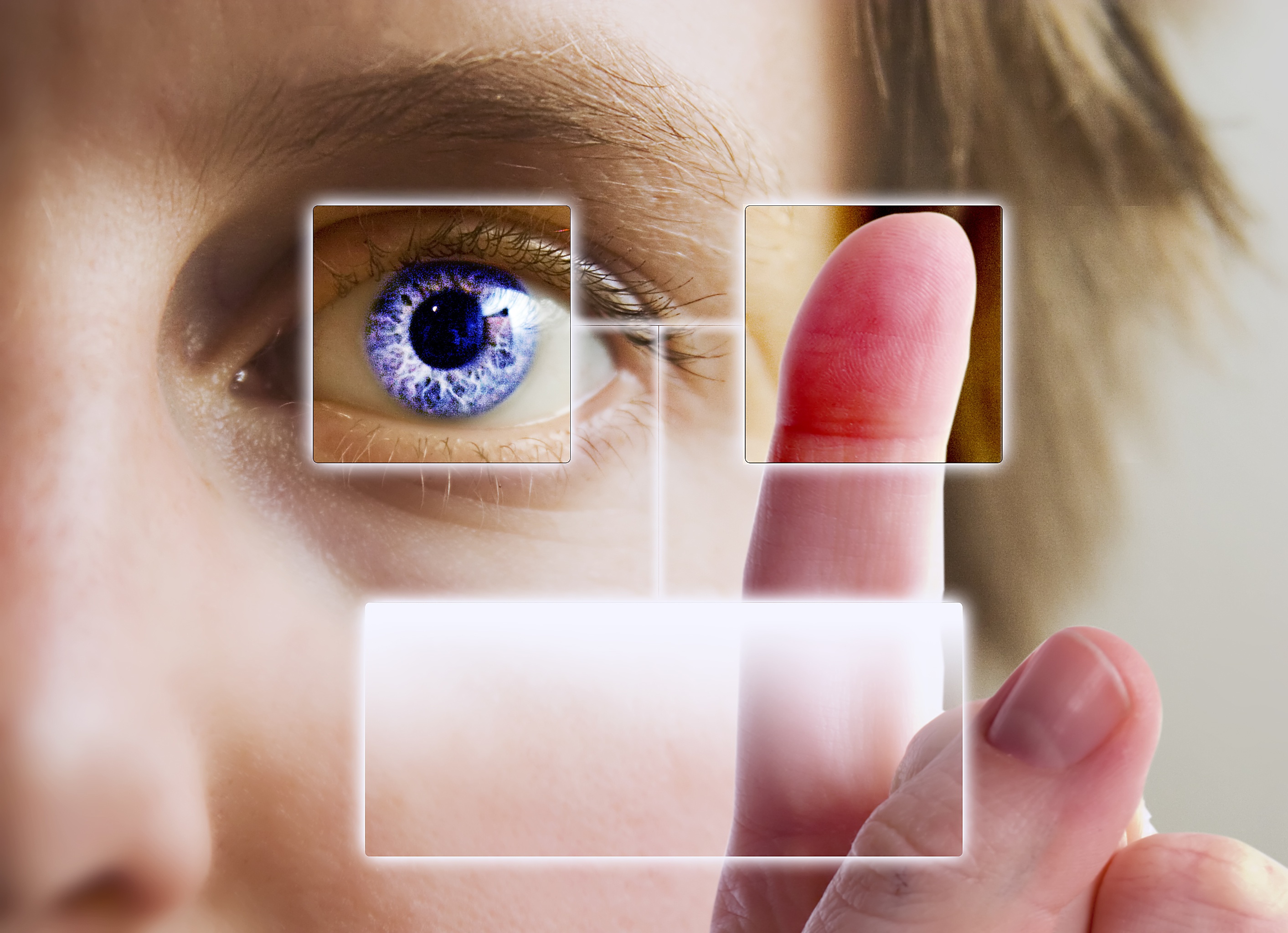
The use of biometrics in businesses could be commonplace in the near future, but it's warned that it will take just one big biometric fraud' from blowing it all out of the water.
A cross-section of people including members of the Identity and Passport Service, biometric academic experts and businesses including Lockheed Martin met today to discuss the potential of workplace biometric technology.
Hugh Carr Archer, chief executive of biometric firm Aurora, mentioned an example of a company using facial biometrics that saved six per cent of its wage bill by making sure that employees were there when they claimed to be.
"Fred, for example, clocks on work [for Bill] when the foreman's not looking, while Bill's at home putting his feet up. The foreman creates three ghost workers because he can then get their pay packets," he said.
"You introduce a biometric such as face recognition for those clocking on in the workforce, and you get benefits."
Systems such as the IRIS system in use at Heathrow can get people "fast-tracked" through queues more quickly. An example of a school using facial recognition technology to record attendance for sixth formers, was also cited as an example.
However, Archer recognised that there were huge security implications to discuss with the implementation of biometrics. He said that most observers were most interested in its privacy implications when it came to the school facial recognition scheme.
Sign up today and you will receive a free copy of our Future Focus 2025 report - the leading guidance on AI, cybersecurity and other IT challenges as per 700+ senior executives
"[It's received] a lot of press attention from all the main daily newspapers, local radio and television," he said of the interest. "Most of the questions were about whether it was intrusive. So how do you think people are going to react about having their biometric data stored?"
Toby Stevens, director of the Enterprise Privacy Group, said that he did not think that biometrics necessarily infringed privacy, but that it had the incredible potential to do so.
"They are a lighting rod to privacy issues," he said. "This is because of personal sensitivities my face, my fingers, my eyes, my voice and they may carry information to you that I may not wish to convey."
He said that businesses needed to prove that biometrics have no privacy issues in order to gain the trust of potential users.
Stevens believed businesses had to ask themselves whether it was the right technology to use, whether it was trying to identity or authenticate, and whether they should use biometric templates or images for systems.
"If we start now in the relatively youthful day of the technology in following principles, we can build an overall public trust in the ability for us to handle biometrics correctly," he said.
"Disregard them now at our peril because we will lose public trust. It only takes one massive fraud on the back of a biometric scheme, and that could blow it for every application out there."
IT PRO has already published a short guide on biometric technologies that businesses could use.
-
 The modern workplace: Standardizing collaboration for the enterprise IT leader
The modern workplace: Standardizing collaboration for the enterprise IT leaderHow Barco ClickShare Hub is redefining the meeting room
-
 Interim CISA chief uploaded sensitive documents to a public version of ChatGPT
Interim CISA chief uploaded sensitive documents to a public version of ChatGPTNews The incident at CISA raises yet more concerns about the rise of ‘shadow AI’ and data protection risks
-
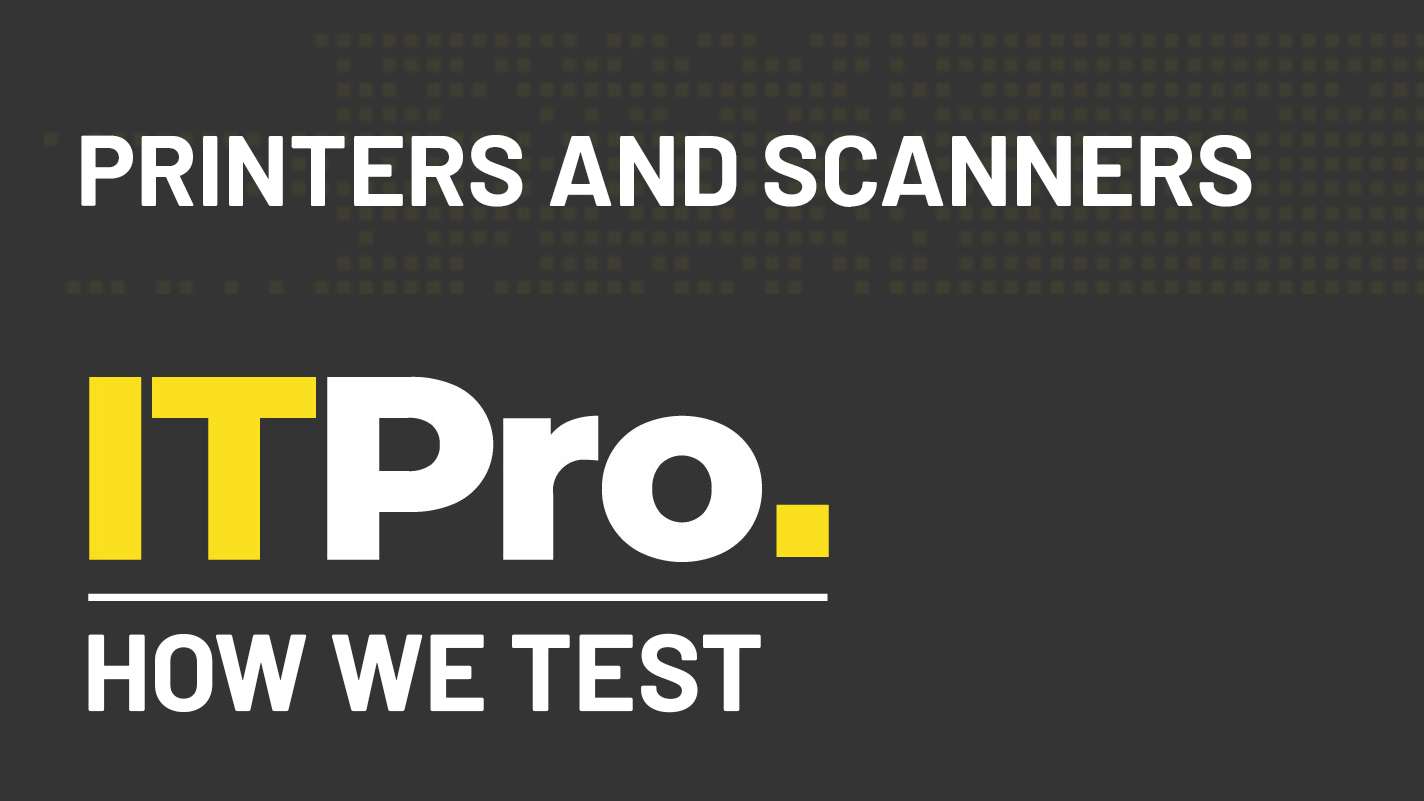 How we test printers and scanners
How we test printers and scannersReviews Everything you need to know about our benchmarking process for print devices
-
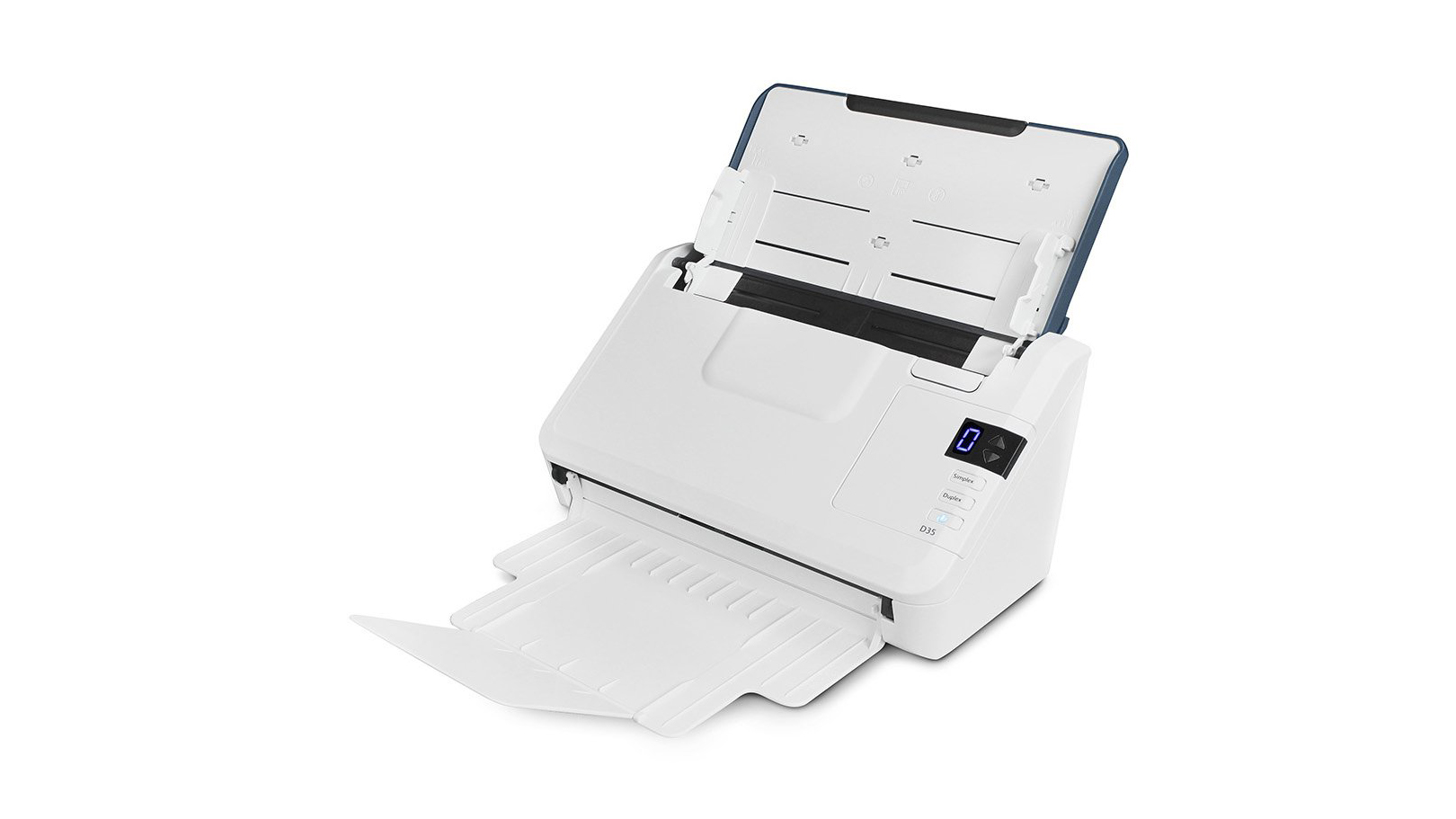
 Xerox D35 Scanner review: A great choice for heavy workloads
Xerox D35 Scanner review: A great choice for heavy workloadsReviews A budget USB scanner offering good speeds, a great range of apps and clever networking capabilities
-
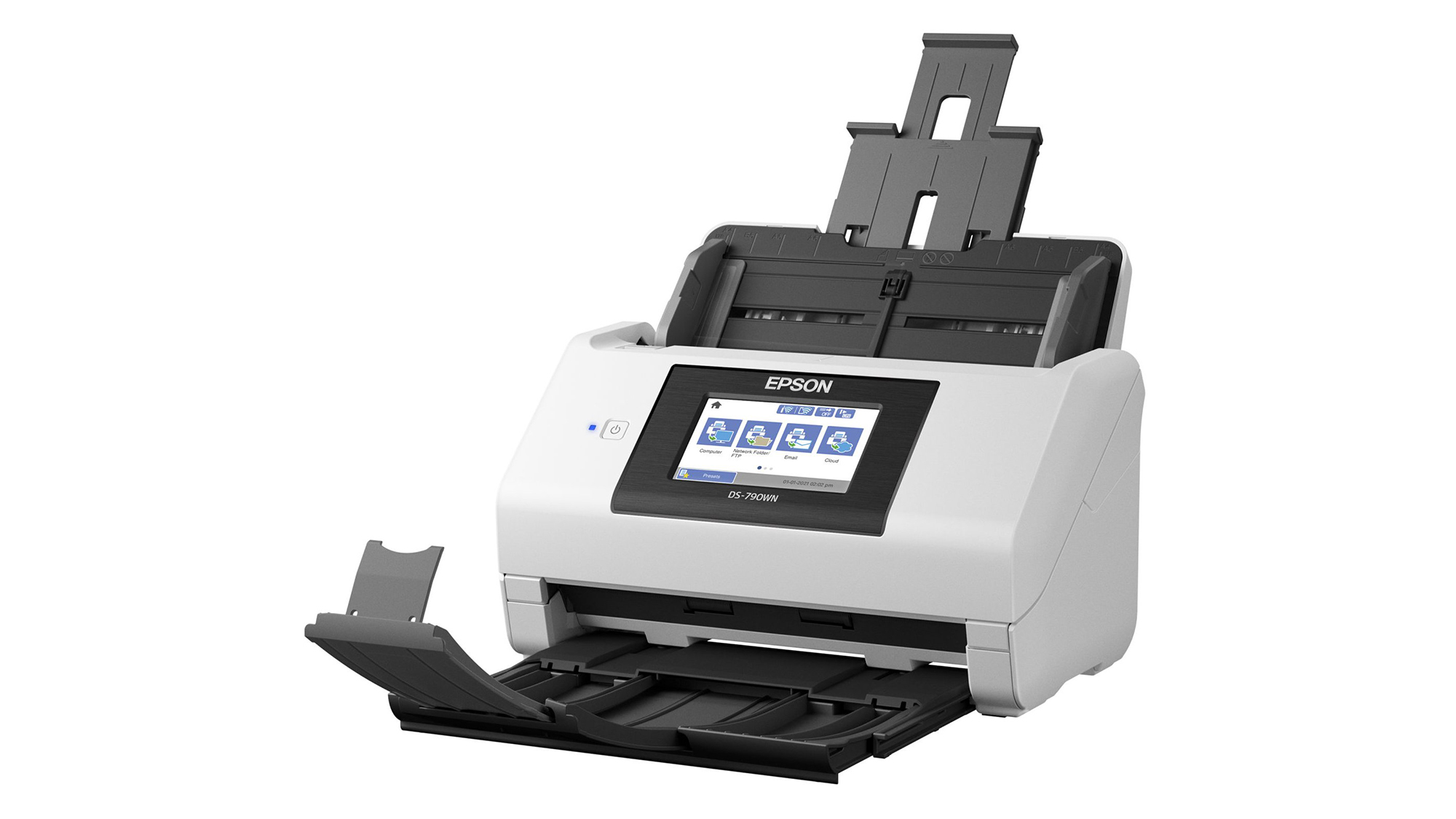
 Epson WorkForce DS-790WN review: Scanning that covers every angle
Epson WorkForce DS-790WN review: Scanning that covers every angleReviews A fast and affordable networked desktop scanner with a great software bundle
-
 Canon imageFormula R40 review: Capable performance at a good price
Canon imageFormula R40 review: Capable performance at a good priceReviews It lacks network support, but the R40 is an efficient desktop scanner with good management software
-
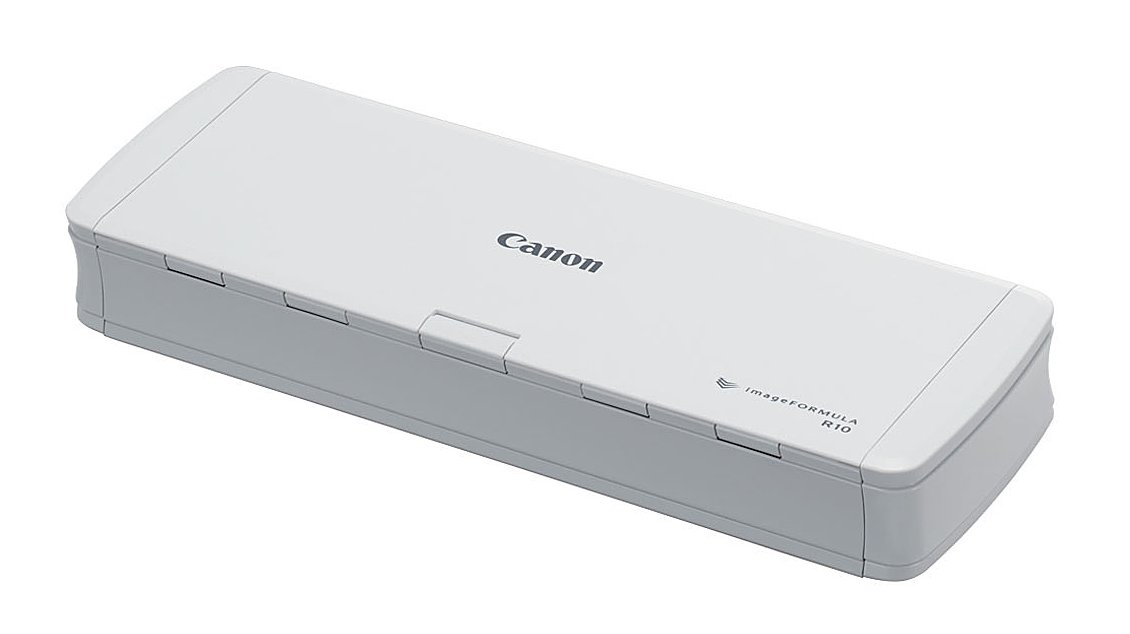
 Canon Image Formula R10 review: Makes scanning a dream
Canon Image Formula R10 review: Makes scanning a dreamReviews Embedded software makes this lightweight scanner convenient as well as highly portable
-
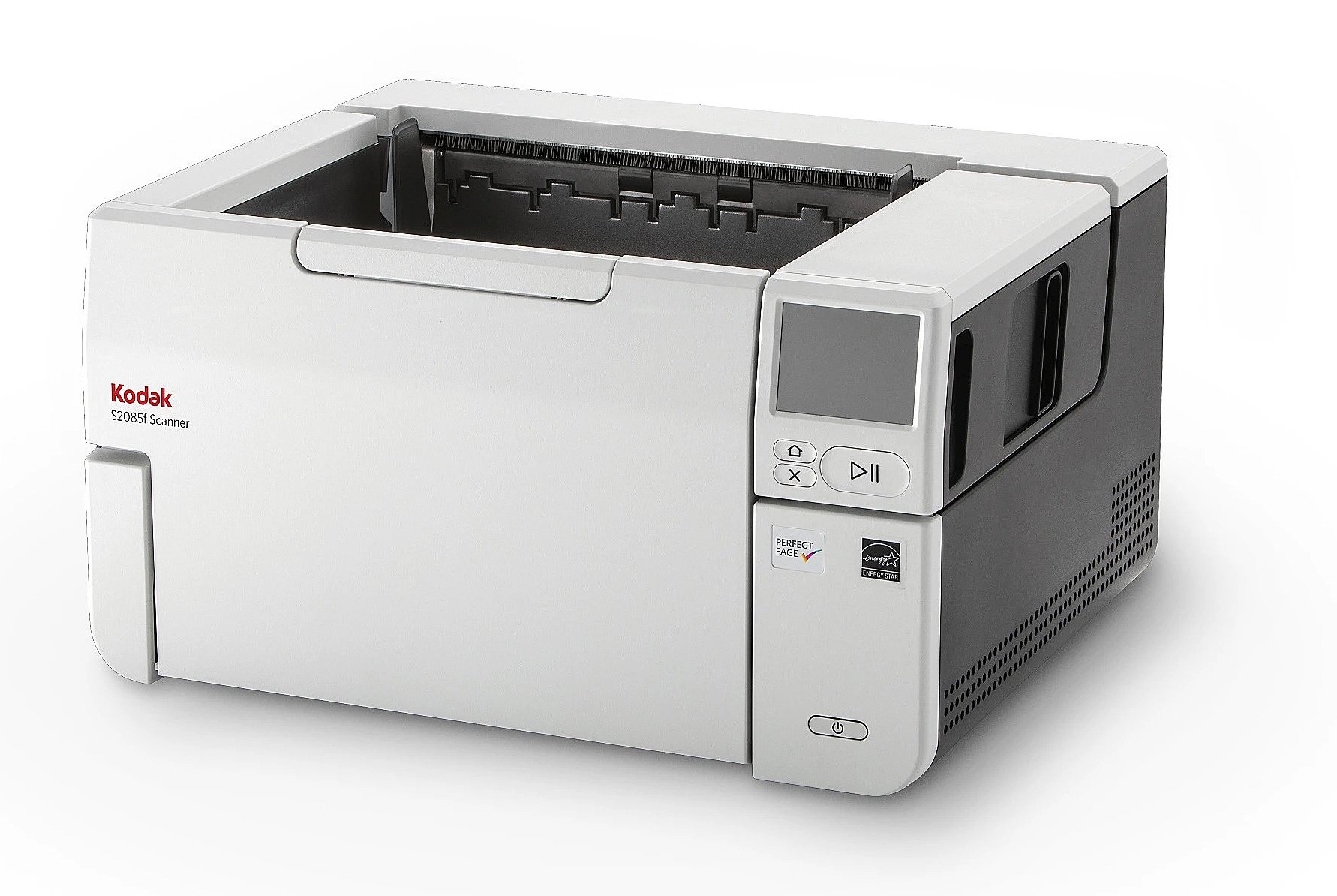
 Kodak S2085f review: A ferociously fast network scanner
Kodak S2085f review: A ferociously fast network scannerReviews Those who need to scan on an industrial scale won’t be disappointed
-
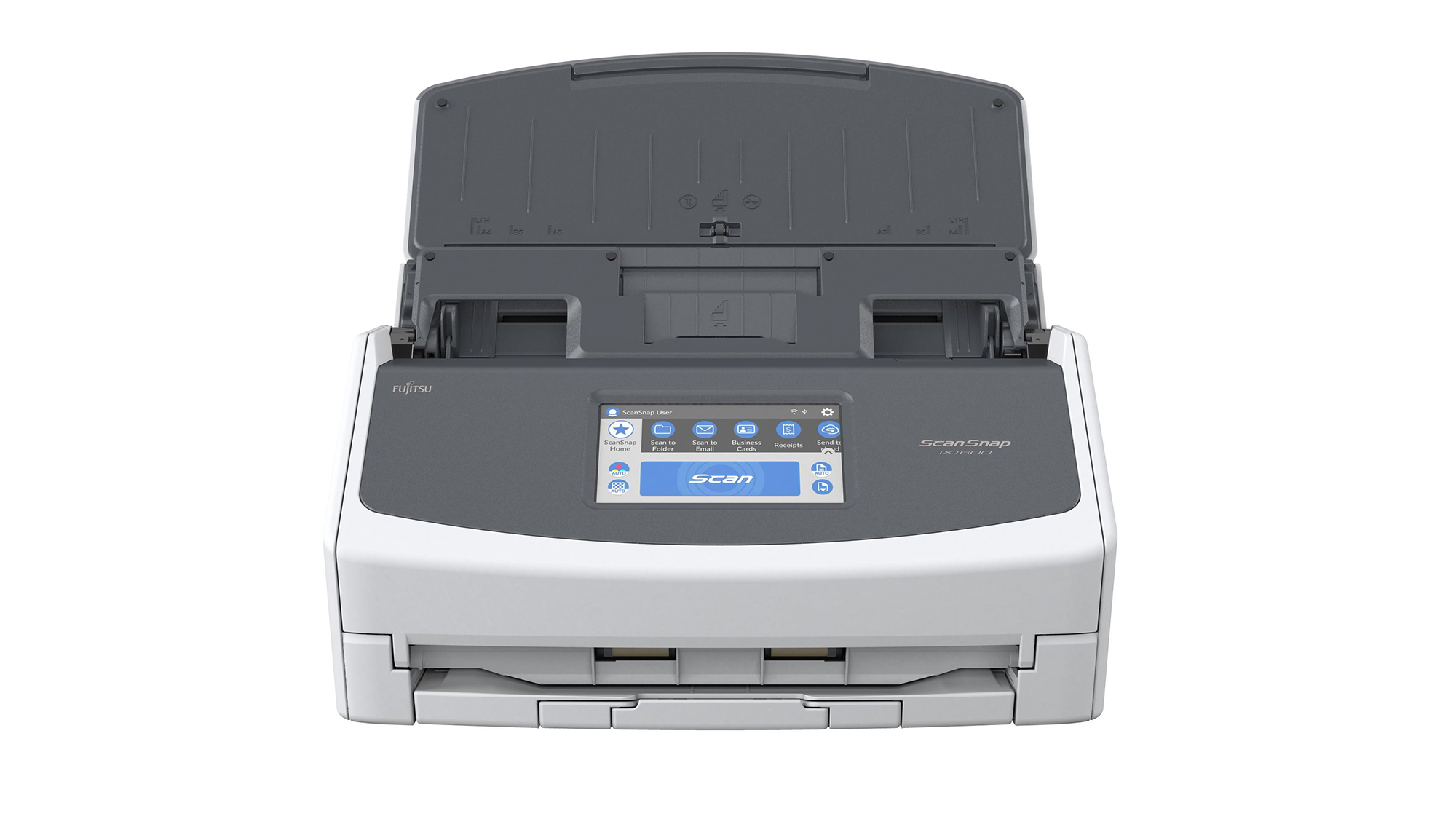
 Fujitsu ScanSnap iX1600 review: Unparalleled cloud support
Fujitsu ScanSnap iX1600 review: Unparalleled cloud supportReviews Perfect for SMBs and homeworkers, combining fast desktop scanning with fantastic cloud support
-
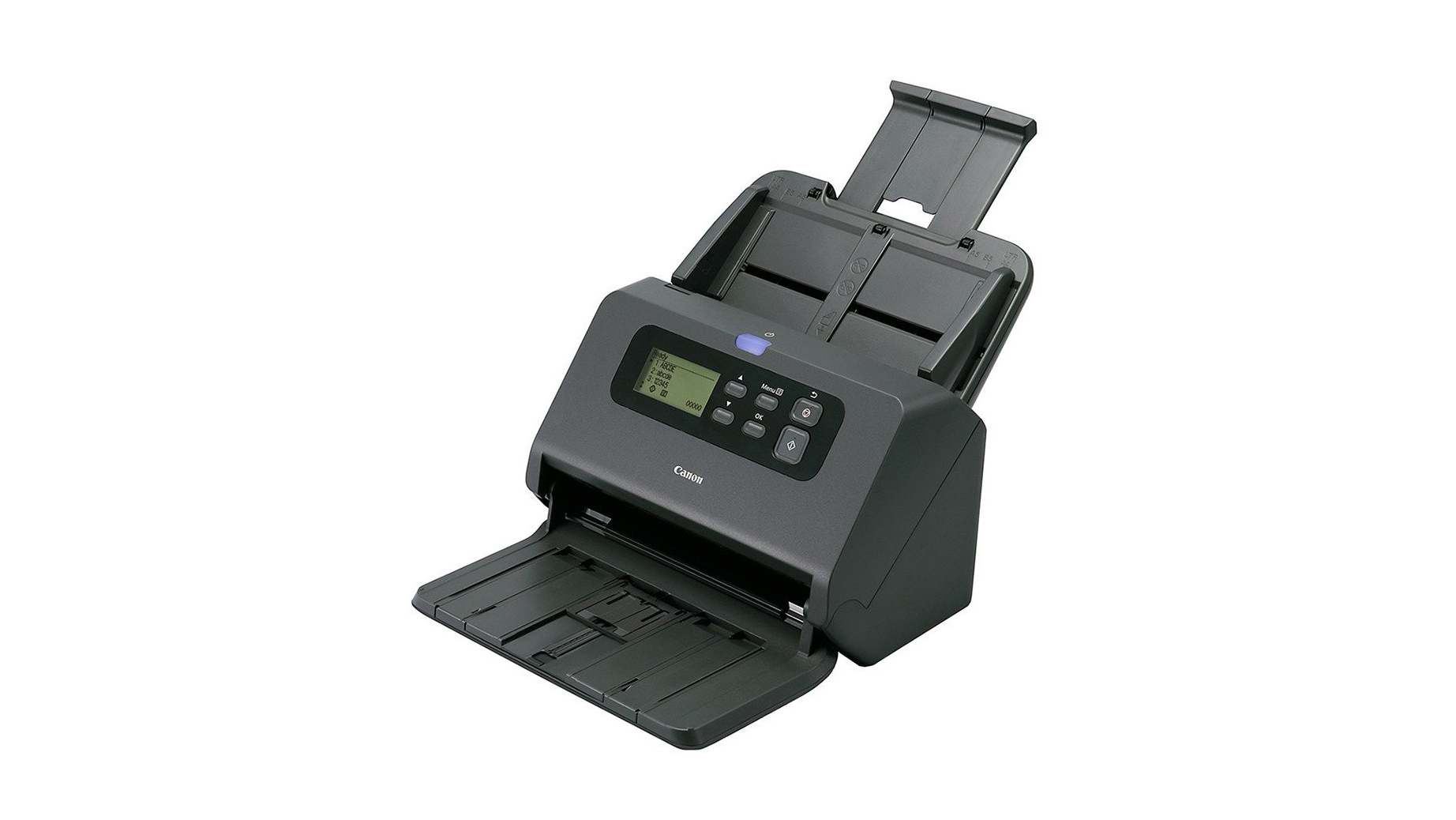
 Canon imageFORMULA DR-M260 review: The ideal workhorse
Canon imageFORMULA DR-M260 review: The ideal workhorseReviews This speedy scanner is ideal for scan-hungry SMBs, and comes with a high-quality software package